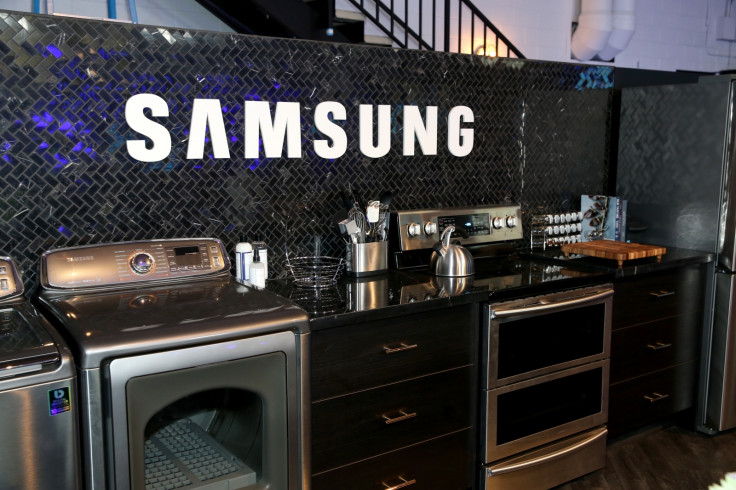Samsung is working on chips to power Internet of Things smart devices

Samsung Electronics is to unveil a new chipset platform that will help to power a wide variety of Internet of Things (IoT) devices.
Sources have told CNET that Samsung has been developing a new platform called Artik that features system-on-a-chip semiconductors to power smart appliances, devices and even wearable technology.
Samsung confirmed that on Tuesday (12 May), Young Sohn, chief strategy officer of Samsung Electronics, would "unveil a major company milestone" at the IoT World 2015 event in San Francisco.
"Today, we face an unprecedented set of global challenges in areas, such as climate change, healthcare, ageing demographics, urbanisation and access to food and clean water," said Young Sohn, president and chief strategy officer, Samsung Electronics.
"By continuing efforts to connect devices and people to achieve greater insights, we have a huge opportunity to work with others in the industry to tackle these real-world issues in ways that will fundamentally change people's lives for the better."
The Internet of Things is growing steadily
What is a smart city?
A smart city is an urban area where sensors have been implemented across public infrastructure in order to monitor traffic and usage of public services, such as lighting and parking spaces.
The contextual analysis of the real-time information gained from the sensors can help governments and companies in many sectors to make cities more sustainable and efficient, as well as being better able to cater to the needs of citizens living in the smart city.
Gartner estimates that by 2020, there will be 9.7 billion connected things being used in smart cities to remotely monitor public infrastructure, as well as items in the home. In 2015, there will already be 1.1 billion connected things.
IDC meanwhile believes that the IoT market will be worth $3.04tn (£1.9tn) by 2020.
Any device that contains sensors that wirelessly feedback information to an app, a web platform or a computer server in order to help make better decisions about the item is considered to be an IoT device.
It has been clear that Samsung sees the potential in connected devices for quite some time – in August 2014, the firm acquired home automation startup SmartThings, which develops software to connect household devices to smartphones.
The SmartThings open platform supports over 1,000 devices and at least 8,000 apps for controlling appliances and furniture in a smart home, and is the perfect complement to Samsung's chips, which can be integrated into any manufacturer's products, not just Samsung appliances.
Samsung competing against traditional chipmakers
The move is also a good one for Samsung, which is struggling in its core mobile business, having lost out 50% of its smartphone market share in China to Apple.
The firm is still the world's biggest supplier of memory chips, as well as one of the biggest manufacturers of SIM cards, and the firm also has a growing business in new applications processors and flash memory that control how smartphones and tablets work.
Samsung will, however, face steep competition from the likes of Intel and Qualcomm who are traditional chipset manufacturers, and the fight to lead the IoT market has already begun, with Intel unveiling the Curie processor platform for wearable technology in January.
Curie consists of a tiny button-sized device with a processor, sensors, Bluetooth low-energy radio and a dedicated engine for detecting different sporting activities, and Samsung's new solution might well be similar.
© Copyright IBTimes 2025. All rights reserved.






















